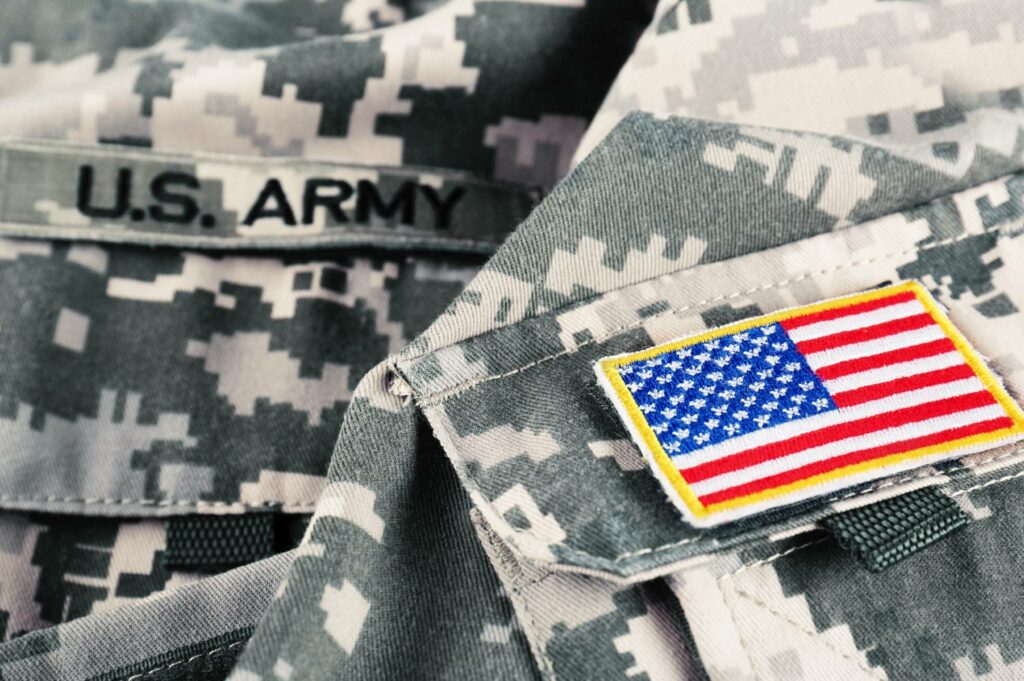Last month, the Court of Appeals for the Armed Forces released its opinion in United States v. Sigrah. Private Sigrah was found guilty of sexual assault at trial. The victim alleged that she was at a party in the barracks with several friends and that, after drinking heavily, she went to sleep in a bed in the room. She testified that she awoke later in the night to find her pants down and an individual she believed to be Private Sigrah on top of her. The next day she received several apologetic text messages from Private Sigrah.
After she reported the incident, CID interviewed the victim and two of the Soldiers at the party, including one who said that Private Sigrah confessed to the assault to him. The agents conducted the interviews in rooms that were equipped with automatic recording devices. Following these interviews, the CID agents took no steps to preserve the recordings of the three interviews and eventually the system overwrote the recordings. The victim and the two witnesses did provide written statements as well.
Once the victim testified at trial, the defense made a motion to obtain the recorded interview from CID in accordance with Rule for Courts-Martial 914. This Rule allows the defense to ask for any statements in the Government’s possession that a witness may have made on the subject he or she testified about. If the Government does not turn over the statements, the Military Judge must tell the members to disregard the witness’s testimony. When the Government could not provide the recorded interview because it had been overwritten, the defense asked the Military Judge to instruct the members to disregard the victim’s testimony. The defense also told the Military Judge that it intended to make the same motion when the other two witnesses testified.
The Military Judge denied the defense motion, finding that the Government never actually had possession of the recordings for purposes of the rule since they were never downloaded from the recording system. She also ruled that the written statements were adequate substitutes for the recorded interviews. Private Sigrah was convicted and, on appeal to the Army Court of Criminal Appeals, raised the issue. The Army Court found that the Military Judge’s ruling was wrong, that the Government had possessed the recorded interviews, and that the written statements were not adequate substitutes because the recordings were lost due to Government negligence. However, the Army Court determined that this error by the Military Judge did not prejudice Private Sigrah, and affirmed the conviction.
Private Sigrah appealed again, to the Court of Appeals for the Armed Forces, raising the same issue. This Court agreed with the Army Court that the Military Judge had erred in applying Rule 914, but also found prejudice. The Court held that if the Military Judge had correctly applied the rule and stricken the testimony of the victim and the two witnesses, the Government’s case would have been very weak and the defense’s very strong. Based upon its prejudice analysis, the Court reversed the Army Court, set aside the finding of guilty, and sent the case back to the Army. Although a rehearing is authorized, it seems unlikely as the victim and the witnesses would be unable to testify until the Government can recover their recorded interviews.
If you or your loved one wants to appeal a court-martial conviction, you need someone with experience who knows the law. I have the experience you need. Please call Bill Cassara at (706) 445-2943 for a free consultation.


Thanks to help another hero patriot